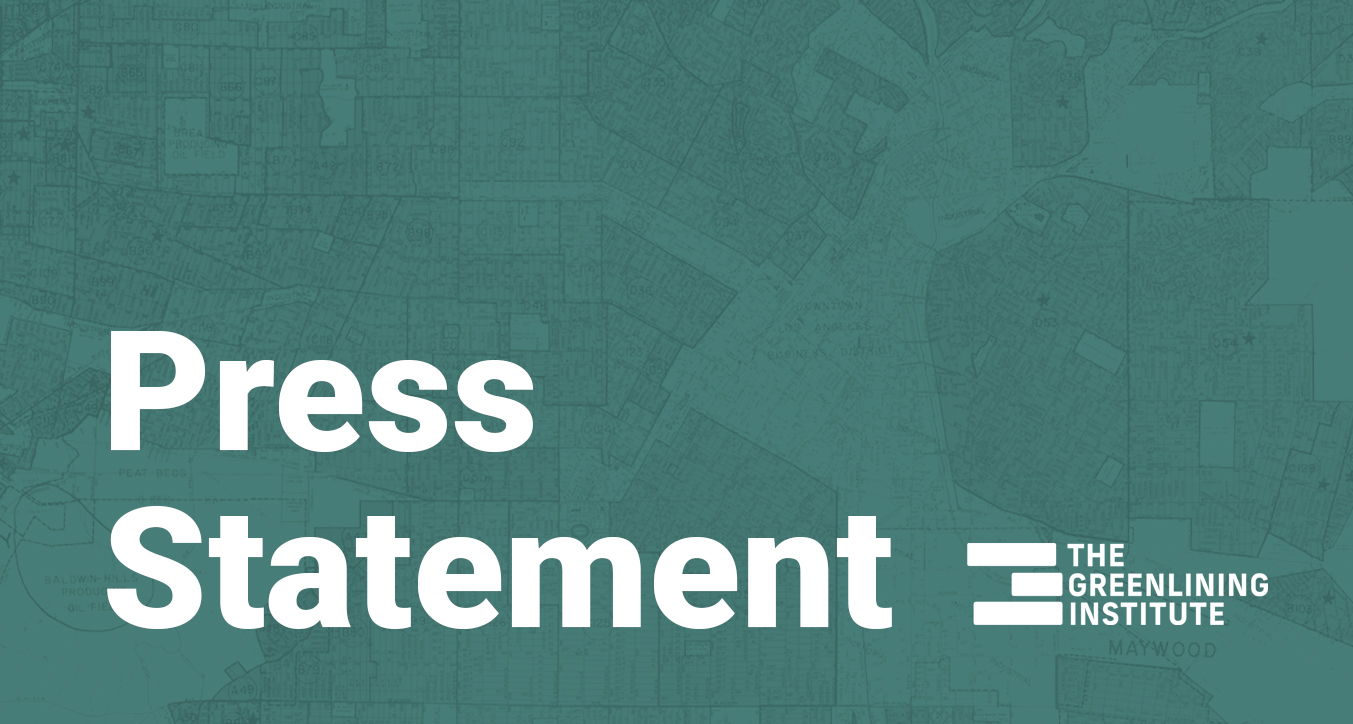California’s Diverse Communities Need Real Solutions to the Housing Crisis
By Adam Briones
Los Angeles Daily News
California is in the midst of a profound housing crisis. While reasonable people can debate solutions, no one can argue that today’s housing market works for anyone but millionaires. Even before the COVID-19 recession, skyrocketing rents made it difficult for even middle-income Californians to make ends meet, and astronomical home prices have pushed the dream of homeownership almost completely out of reach for people of color.
For too long California has failed to deliver the kind of effective housing reforms our diverse communities need. Rather than reasonable solutions, a stark ideological choice is often presented to voters: you can support more targeted low-income housing or the production of market-rate housing, but not both. If we want to remain a growing state that welcomes everyone, we need to move beyond simplistic narratives and accept that our state needs all kinds of housing for all kinds of Californians. At the same time, we also need to recognize that Black, Asian American, Latino and other communities of color were purposefully blocked from the way in which most American families have built wealth—homeownership.
Beginning in the 1930s, public and private sector leaders prevented diverse families from renting or buying into White neighborhoods, otherwise known as redlining. When courts invalidated explicitly racist laws decades later, cities and towns across the country restricted the construction of multifamily housing — a more legally defensible way to keep out families that might “change the neighborhood character.” Since systemic racism requires systemic solutions, any path out of our housing crisis has to address the wealth that was stolen from our communities and what reparations could look like.
Today’s housing crisis has profoundly impacted people of color, which make up more than 60 percent of our population. Our state has six of the nation’s 11 most expensive large metropolitan rental markets and more than two-thirds of Californians facing unaffordable housing costs are people of color. The average rent in Los Angeles has jumped 65 percent since 2010 and the real estate research firm CoStar noted in April that “the coronavirus outbreak won’t fundamentally alter Southern California’s severe housing shortage, which continually tilts the playing field in favor of landlords and owners.” The result is low-income, often immigrant families across the state living in unsafe, overcrowded homes, with no path to homeownership.
First, we must dramatically increase targeted affordable housing resources to help very low-income families and those experiencing homelessness. The private market will never adequately serve these folks and it’s important we make that explicit. At the same time, making the process to build quality housing fairer will lead to more affordable rents and home prices for the nine out of ten Californians who live in market-rate housing. For this to happen we need our elected leaders to pass legislation that will support diverse housing types and end “one-size-fits-all” building restrictions. A number of important bills in Senate President Pro Tem Atkins’ housing production package can help. Senate Bill 902 and Senate Bill 1120, among other current bills, will help create more of the small-scale housing development California needs and they should receive strong support. But more needs to be done to address affordable homeownership.
Earlier this month, Assembly Bill 3155, a bill focused on creating more entry-level homeownership opportunities by streamlining the creation of smaller projects, was sidelined in the Assembly. Specifically, it would have made it easier to build developments with 10 or fewer units—the kind of projects corporate builders turn down but that are a good fit for small firms owned by people of color and immigrants. While that bill is dead, the principles can and should still be incorporated by Pro Tem Atkins into existing legislation, including speeding the creation of smaller buildings aimed at working-class homebuyers.
Public policy excluded people of color from neighborhoods and homeownership opportunities for generations, contributing to a wealth gap where Black and Latino families have only ten percent of the wealth white families have. By 2040, our state will be 70 percent people of color and our leaders must ensure greater opportunities for affordable rents and homeownership now and in the future. There is no excuse for further delay.
Adam Briones is the Director of Economic Equity at The Greenlining Institute, a policy, research, organizing, and leadership institute working for racial and economic justice.



